If you are someone who suffers from allergies at night, bedtime is like heading into the battlefield.
Sneezing, itchy eyes and skin, a scratchy throat and congestion keep you tossing and turning all night.
The good news is that there are lots of tried-and-true ways to combat your nighttime allergies.
Read on to learn 10 great ways to relieve your allergies at night for a more peaceful sleep.
(Note. While we earn commission from the links in this article, we only recommend the products we truly believe will improve your sleep the most. These commissions come at no extra expense to you and help us to keep providing you with expert sleep information for free.)
Why Are Allergies at Night Worse Than Daytime Allergies?
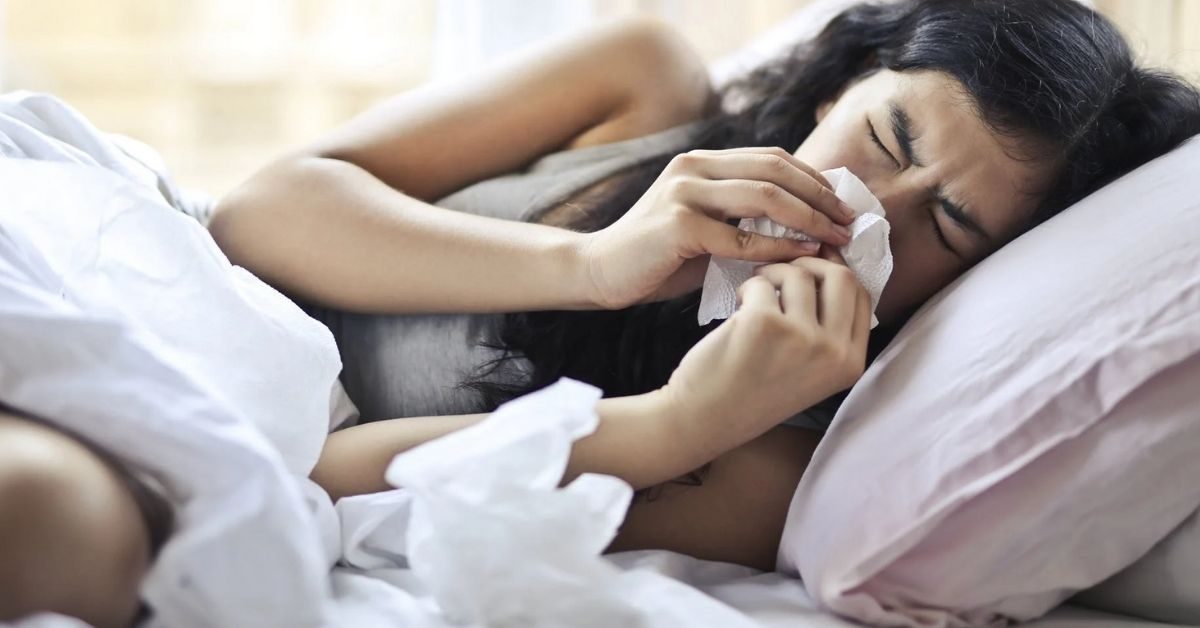
Allergies at night can flare up because of several common triggers, such as pollen, dust mites, mold and pet dander.
Do you feel like your allergies get worse at night? You’re not alone.
According to Dr. Purvi Parikh, an allergist and immunologist,
“Allergy symptoms actually can get worse at night. When you lie down, basically everything in your nose starts dripping down your throat.”
Unfortunately, the bedroom is not a safe haven from allergies, in fact, it’s quite the opposite.
As Dr. David Rosenstreich explains,
“Bedrooms tend to be the most allergenic part of the home. The allergies you get exposed to outside compounded by additional allergens on the inside may make symptoms worse.”
Allergic rhinitis is that feeling you get when you climb into bed at night and feel almost instantly sneezy, congested or itchy. If allergic rhinitis symptoms sound familiar, you may want to take an allergy test to pinpoint exactly what allergen(s) are keeping you from getting regular sleep.
Keep reading to learn 10 great tips to help alleviate your nighttime allergy symptoms and build your sleep sanctuary.
10 Ways to Alleviate Allergies at Night for Restful Sleep
Everyone wants to sleep better at night. If you experience allergies, whether they are seasonal allergies (10-30% of people experience these worldwide!), pet allergies, dust mite allergies or any other nighttime allergies, you may have a tough time.
Normal sleep doesn’t have to be so elusive. Give one of these 10 strategies a try to help you take some simple steps to sleep at night.
1. Use an air purifier
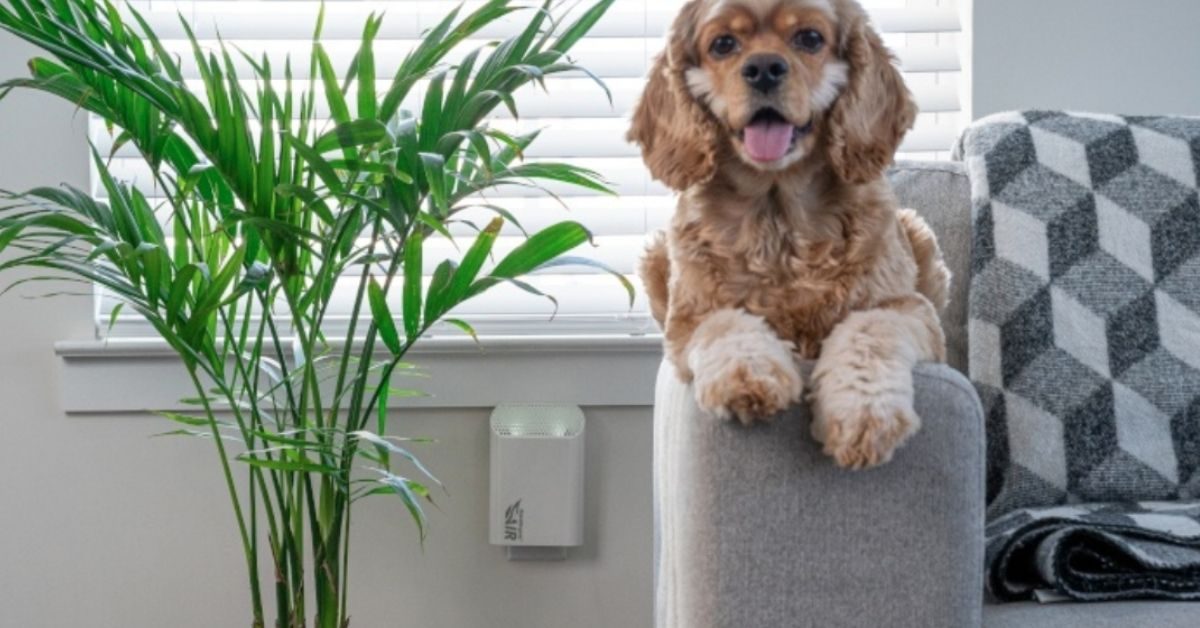
Air purifiers are designed to filter out microscopic house dust and mold. You don’t need a premium air filter to reap the benefits. There are plenty of options for all budgets, goals and room sizes.
Air purifiers have the double benefit of helping to combat air pollution as well as filtering out allergens that affect your ability to get a sounder sleep.
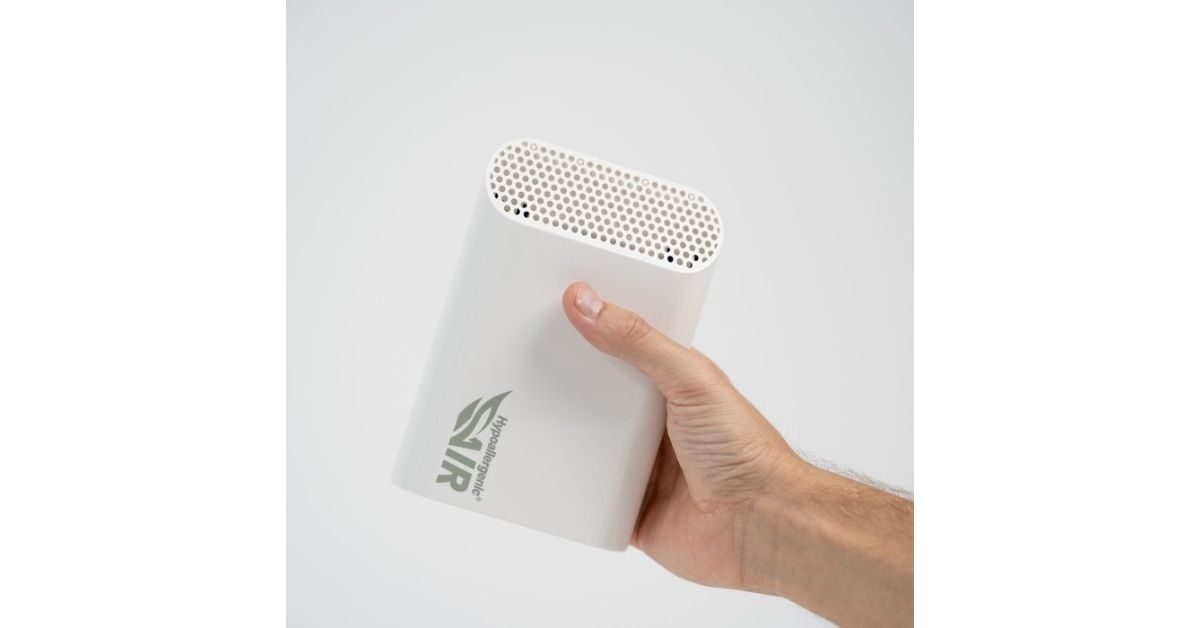
Check out the Germ Defender by Hypoallergenic Air. Switch this on as part of your nightly routine.
2. Get a hypoallergenic bedding for allergies

Your bedding can make all the difference when it comes to warding off unwanted allergy symptoms.
Hypoallergenic simply means “relatively unlikely to cause an allergic reaction” and it’s a label you can find on lots of household products.
A good start for your bedroom would be to change the thing closest to your face — your pillow.
If you have feather pillows that you love, you can get hypoallergenic covers. There are also plenty of sheets made with hypoallergenic fabric.
Try out this CBD pillow.
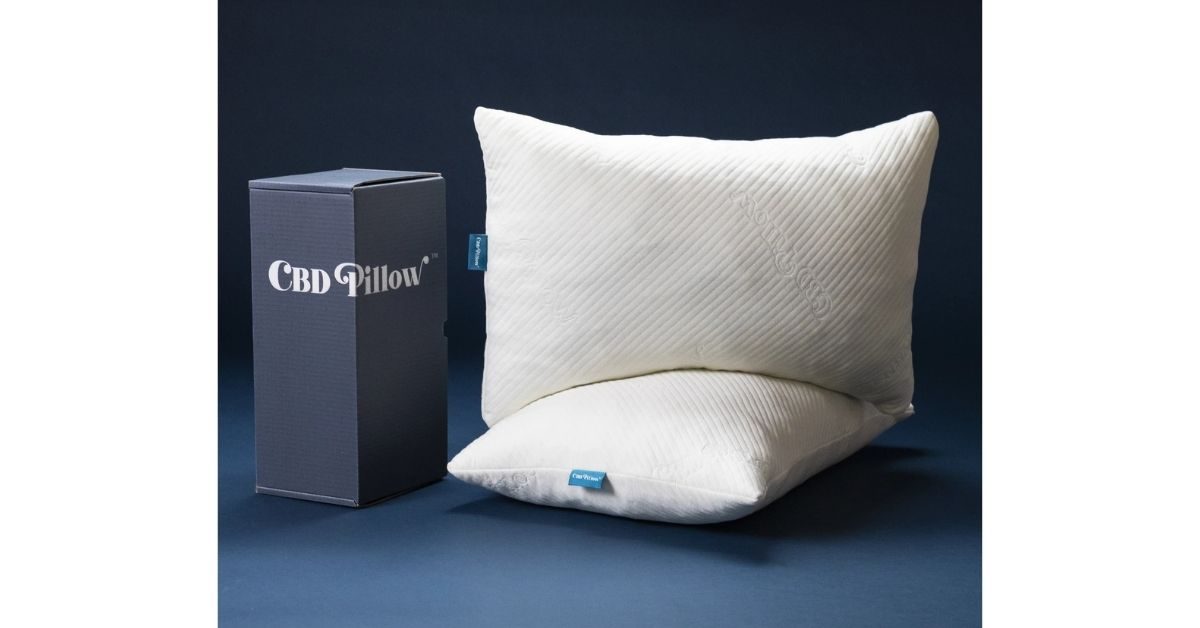
You can get the best of both worlds with this product — relaxation benefits from the CBD and an anti-allergy ally from the hypoallergenic fabric. Click here to purchase the CBD pillow before May 5th 2021 and get 10% off with the code SAVE10.
3. Keep pets out of your bed
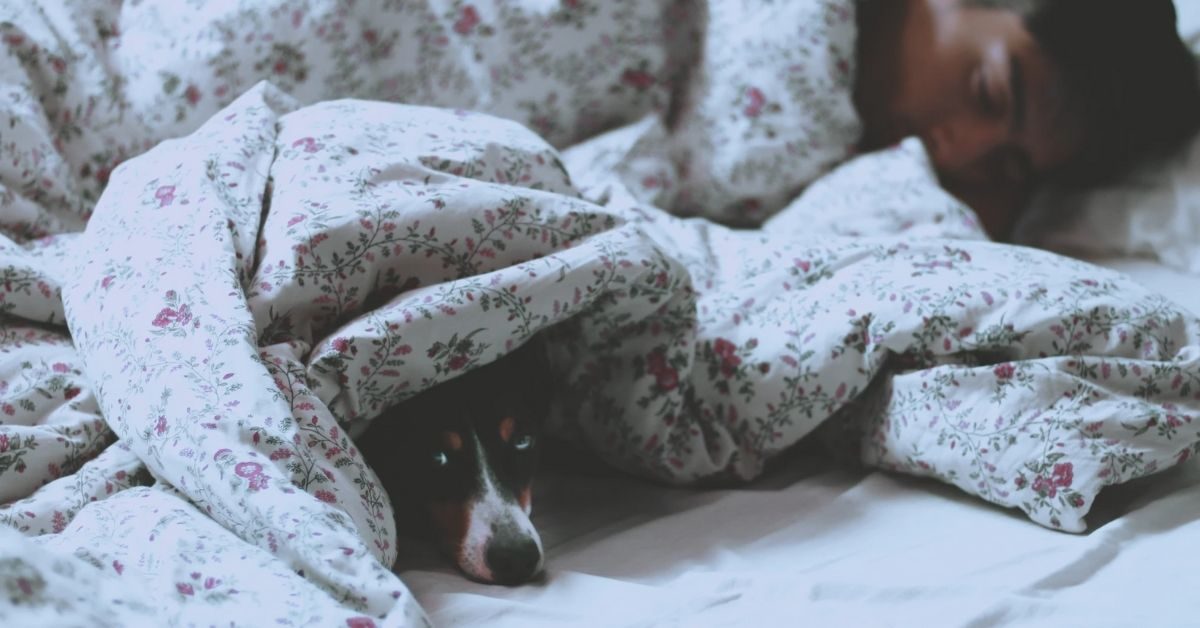
This may be a tough one if you love cuddling up with your furry friends, but pet dander is a very common allergen.
The problem is that, on top of the natural allergy-causing dander that pets bring into your bed, they also collect pollen and other allergens in their fur and bring those too. If you’re sleeping badly, this could be the reason.
Saying bye-bye to these cozy snuggle buddies and regularly cleaning up fur from all around your house is a great allergy-reducing tactic.
4. Try nasal sprays
While the brief sensation of squirting something in your nose may be temporarily uncomfortable, nasal sprays can work wonders on your allergies.
There are lots of options for nose sprays — steroidal, antihistamine, decongestants, anti-inflammatory. If you are thinking of taking anything medicated, consult your doctor.
There is also the drug-free option of using saline to loosen mucus.
Try out Sinol Allergy Relief Nasal Spray in the evening hours.
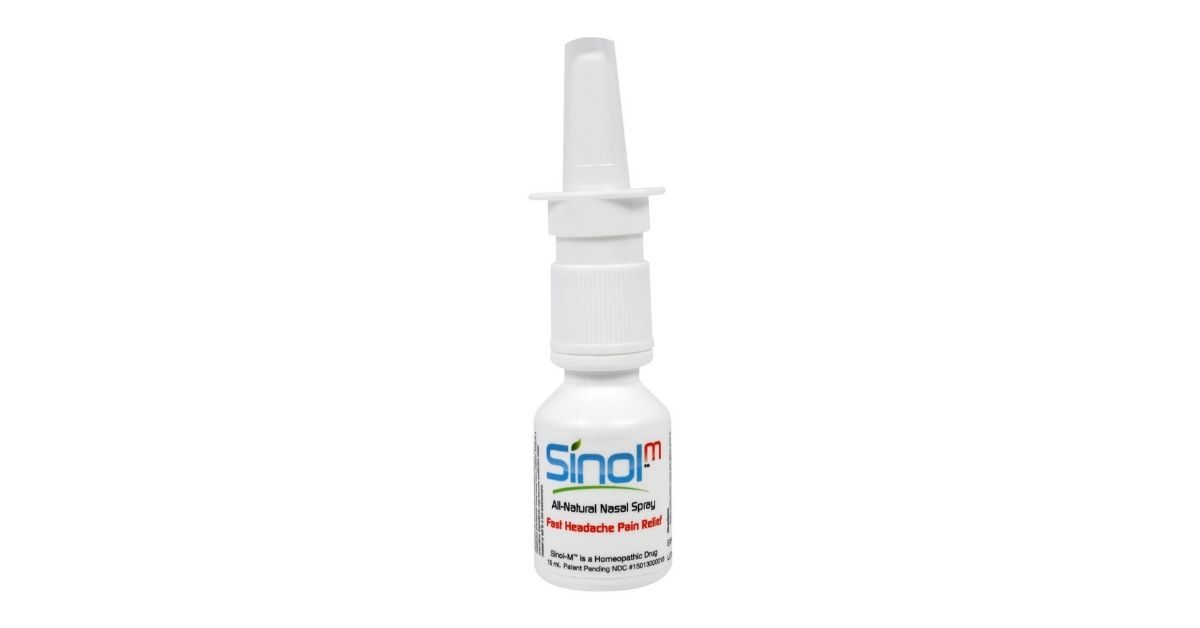
This is an all-natural nasal spray that uses capsaicin to reduce pain and stimulate secretions to help you clear mucus from congested lungs or ease nasal congestion.
5. Invest in a dehumidifier
Dehumidifiers not only make hot, humid summer nights more bearable but have allergy-reducing benefits as well. Dehumidifiers remove moisture from the air which can stop mold growth and dreaded dust mites.
HVAC experts recommend a home humidity level of around 35% to stay comfortable while keeping allergies under control. If you drop below that level, you risk drying your sinuses out too much and making your allergy symptoms worse.
Switch on a dehumidifier on to help keep allergies at bay
6. Wash bedding and stuffed toys regularly
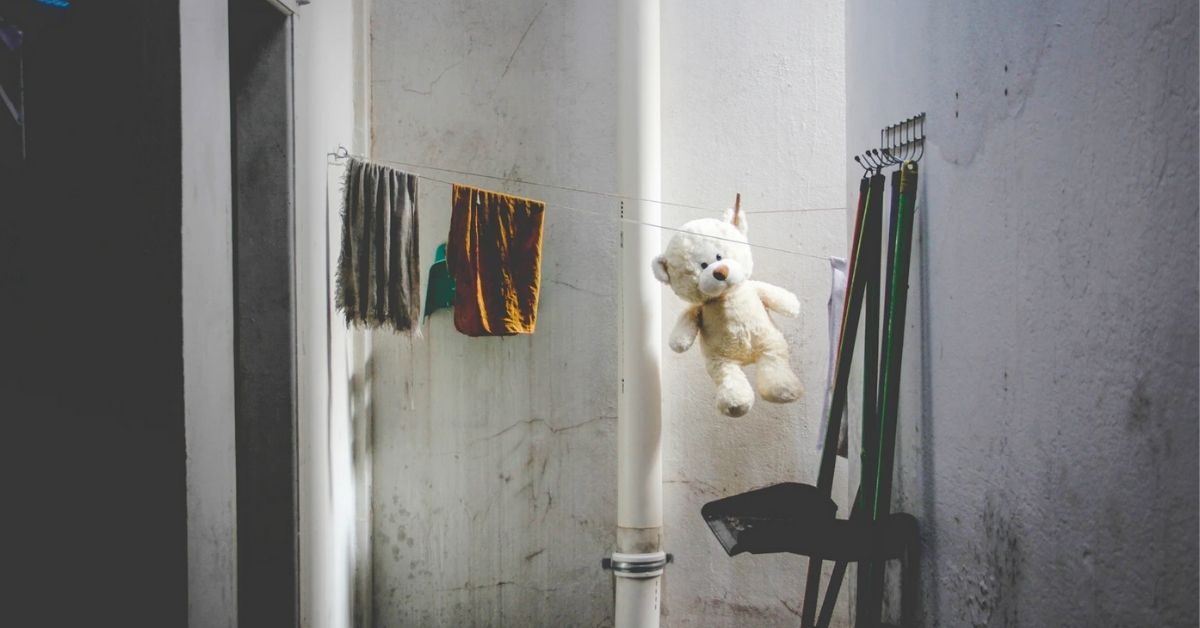
This one should be a no-brainer but with your busy lifestyle, you may go a bit too long without washing your bedding or your kids’ toys.
Dust mites can multiply quite quickly if you go too long without washing your bedding – the thought of sharing your bed with so many visitors is enough to give anyone nightmares.
Make a schedule to wash sheets, blankets, pillow cases etc. every two weeks. According to Good Housekeeping, you should be washing things at around 140°F (60°C) to kill allergy-causing dust mites.
7. Try an herbal remedy
People have been suffering from nighttime allergies for centuries so there are plenty of tried-and-true natural herbal remedies that you can try as an alternative to allergy medications.
If you want to sleep better at night, try eating some papaya or pineapple. The bromelain can reduce swelling and is a favorite among natural healers.
Stinging nettle is another herbal remedy that is favored by natural healers as an antihistamine.
Research has shown that inhaling sandalwood, geranium, and ravensara essential oils can help with allergic rhinitis. Plus, the soothing natural smell can help to relax you in the nighttime hours.
8. Take antihistamine allergy medicine
Allergy sufferers aren’t alone and that’s why there are so many over the counter antihistamines. Consult your doctor before taking any kind of medication, especially if you are pregnant, nursing or have pre-existing conditions.
Antihistamines have a bit of a reputation of making you drowsy, which may be exactly what you want at bedtime, unless you’ve got to be alert in the nighttime hours. However, newer antihistamines are non-drowsy and just as effective.
If you get the green light from your doctor, there are a few great antihistamines that will help alleviate your allergy symptoms at night.
Look for one of these oral antihistamines:
9. Spring clean your bedroom often

Spring cleaning doesn’t have to happen just once. As pollen levels tick up throughout the spring, you’ve got to commit to keeping your bedroom clean more than once a season.
Seasonal allergies start to pop up when the flowers start to pop up. The pollen can get into your house and bedroom through cracks in the windows, simply opening and closing the doors and even more likely, on your clothes.
During pollen season be a bit more vigilant about your spring cleaning.
10. Get rid of your ceiling fan
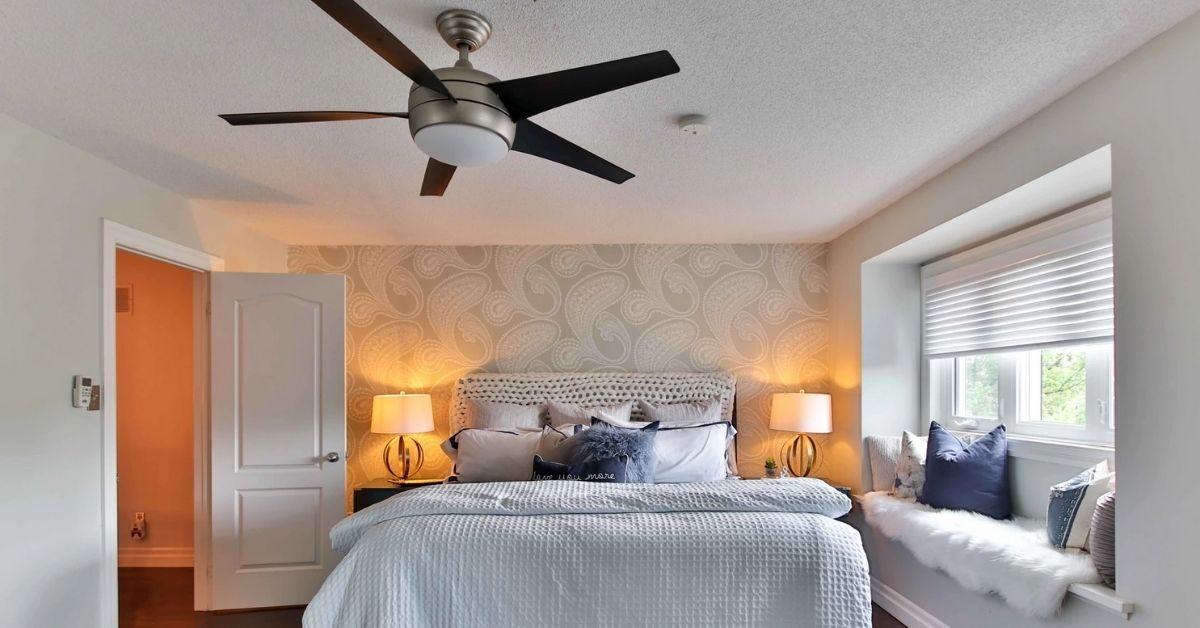
This one may seem a bit extreme but getting rid of your ceiling fan may be the ticket out of allergy town. But it’s not the fan alone causing the problem.
As Dr. John McKeon explains,
“It’s not directly related to the fan. The issue is keeping the surfaces in your room reduced from allergens.”
There are a couple reasons why a ceiling fan can intensify allergies.
Firstly, it’s somewhat inaccessible so it doesn’t get cleaned as much as it should be. Those dirty blades can accumulate all sorts of household allergens and just keep them whirring above your head all night.
Second, the blowing air can cause your eyes, mouth and nose to dry out in the nighttime hours which further exacerbates existing allergies.
If you can’t sleep without your nighttime breeze, Dr. McKeon recommends cleaning your fan blades regularly as a preventative step.
To sum up…
Now that you have ten great tips to reduce or eliminate allergens, it’s time to give some of them a try so you can start getting a more restful night’s sleep.
Making a few small adjustments can stop your watery eyes, runny nose and your partner will thank you for not sneezing all night.
One of the best ways to shake out dust mites and keep allergies away at night is with a hypoallergenic pillow. Click here to purchase the CBD pillow before May 5th 2021 and get 10% off when you use the code SAVE10.

Welcome to Snoozerville! I’m Dr. Alex Hartley, your guide to the world of restful sleep. With a Ph.D. in Sleep Science and years of experience as a sleep therapist, I’ve dedicated my life to understanding and improving sleep quality. My passion lies in uncovering the mysteries of sleep and sharing practical, science-backed advice to help you achieve the best rest possible. Beyond my academic pursuits, I’m an advocate for mindfulness and relaxation techniques, which I incorporate into my daily routine. At Snoozerville, I aim to transform your nights, combining the latest research with easy-to-implement tips. Whether you’re a chronic insomniac or just looking to improve your sleep hygiene, join me on this journey towards peaceful, rejuvenating sleep.


